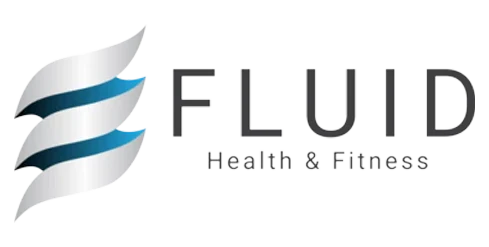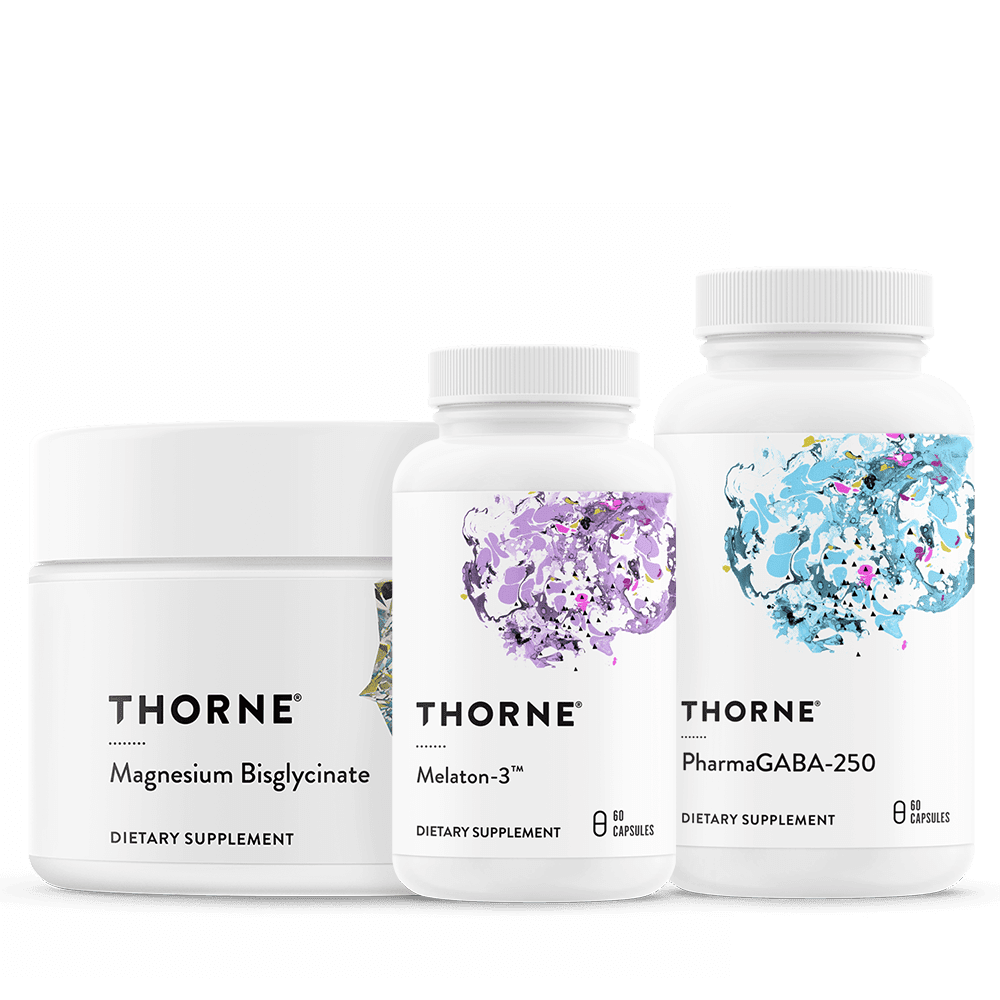
Today, we are diving into the world of common mood regulators like caffeine, nicotine, alcohol, and THC. These substances are widely used for their mood-altering effects, but how do they affect our metabolism and overall health? Explore the science behind these everyday vices to understand their benefits and risks.
Caffeine: Energizer or Stress Enhancer?
Caffeine is the most consumed psychoactive substance globally, found in coffee, tea, and many energy drinks. It operates by blocking adenosine receptors in the brain, which prevents the onset of drowsiness induced by adenosine. This results in increased alertness and concentration. However, caffeine also raises cortisol levels, which can lead to stress, anxiety, and sleep disturbances if consumed in excess. Furthermore, habitual consumption can lead to dependence, with withdrawal symptoms that include headaches, fatigue, and irritability.
Physiological Insight:
- Adenosine Blockade: Caffeine's primary mechanism involves blocking adenosine's neurotransmitter, promoting wakefulness and alertness.
- Cortisol Elevation: Caffeine increases cortisol production by stimulating the adrenal glands, adversely affecting mood and stress levels over time.
Nicotine: Short Relief, Long-Term Harm
Nicotine, found in cigarettes and other tobacco products, is highly addictive. It stimulates the release of neurotransmitters such as adrenaline, enhancing alertness and creating a sense of well-being. However, nicotine also increases heart rate and blood pressure, posing risks to cardiovascular health. Long-term use can alter brain chemistry, leading to increased tolerance and dependence, with withdrawal symptoms that include anxiety, mood swings, and cravings.
Physiological Insight:
- Adrenaline Rush: Nicotine causes a rapid release of adrenaline, the "fight-or-flight" hormone, which can temporarily boost alertness and heart rate.
- Dopamine Release: It also increases dopamine levels, reinforcing the habit by providing pleasurable sensations.
Alcohol: Sociable but Risky
Alcohol is a central nervous system depressant that is socially accepted and widely used. While moderate consumption can temporarily elevate mood and decrease anxiety, excessive intake can lead to addiction and numerous health issues, including liver disease and cognitive impairments. Alcohol metabolizes in the liver, producing acetaldehyde, a toxic compound that can cause significant damage with chronic exposure.
Physiological Insight:
- GABA and Glutamate Regulation: Alcohol modifies the levels of neurotransmitters in the brain, enhancing GABA's inhibitory effects and reducing glutamate's excitatory effects, leading to decreased brain activity.
- Dopamine Increase: It also increases dopamine levels in the brain's reward center, which can lead to dependency.
THC: Calmness with Cognitive Consequences
Tetrahydrocannabinol (THC), the active component of cannabis, mimics natural substances in the body known as endocannabinoids, which are part of the regulatory system that influences mood, memory, and pain. THC binds to cannabinoid receptors and can alter mood, perception, and cognitive functions. While it can reduce stress and pain, THC also carries risks of impaired memory, altered judgment, and potential addiction.
Physiological Insight:
- Cannabinoid Receptor Activation: THC activates cannabinoid receptors in the brain, affecting areas involved in memory, pleasure, and thought processing.
- Mood Regulation and Perception Changes: It alters mood and perception, providing a sense of relaxation but potentially leading to cognitive impairments.
Conclusion: Balancing Act for Better Health
At Fluid Health and Fitness, we advocate for a balanced approach to mood regulation. Understanding the effects of these common substances helps us make informed decisions about their use in our lives. By moderating intake and considering healthier alternatives, we can maintain our physiological and mental health without undue reliance on external mood regulators.
References
- Juliano, L. M., & Griffiths, R. R. (2004). A critical review of caffeine withdrawal: empirical validation of symptoms and signs, incidence, severity, and associated features. Psychopharmacology (Berl), 176(1), 1-29.
- National Institute on Alcohol Abuse and Alcoholism. (2021). Understanding the impact of alcohol on human health and well-being.
- Volkow, N. D., Baler, R. D., Compton, W. M., & Weiss, S. R. (2014). Adverse health effects of marijuana use. New England Journal of Medicine, 370(23), 2219-2227.





